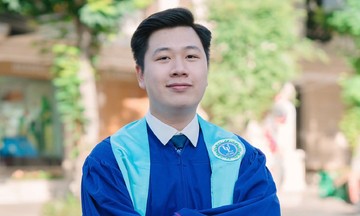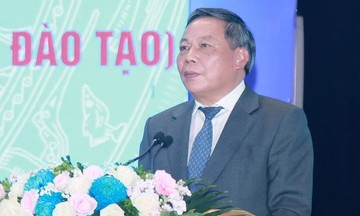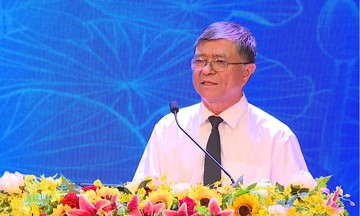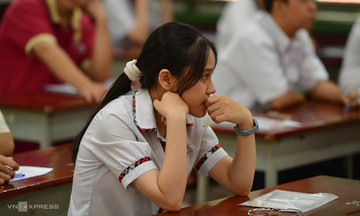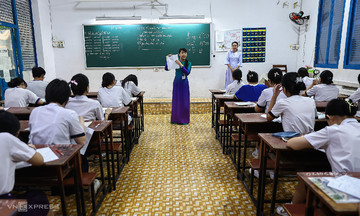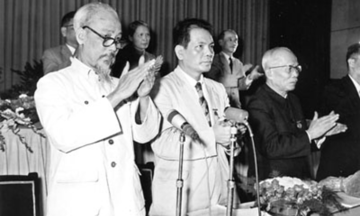This is a new point in the draft amendment to the Higher Education Law introduced by the Ministry at a seminar held on 1/7 to gather feedback from universities in the southern region.
Explaining the rationale, Deputy Minister of Education and Training Hoang Minh Son said that when reviewing the implementation of the Higher Education Law, the two-tiered university council model at national and regional universities was identified as one of many obstacles and inadequacies. The National Assembly's Committee on Ethnic Minority Affairs and Oversight requested the Ministry to review and amend the law regarding the parallel existence of university councils at member universities and the national university council.
Previously, in a discussion session on 15/5, when discussing this model, a representative of the law drafting committee said they were considering 3 options: maintaining the status quo or reducing the role of one of the two university councils.
"After analysis and consideration, the drafting committee proposed eliminating the university councils at member universities. Because maintaining the current situation does not resolve the practical inadequacies," the Deputy Minister said.
In addition, the proposal to eliminate this model also stemmed from the opinions of national and regional universities, according to Mr. Son. However, he did not specify the problematic issues and inadequacies.
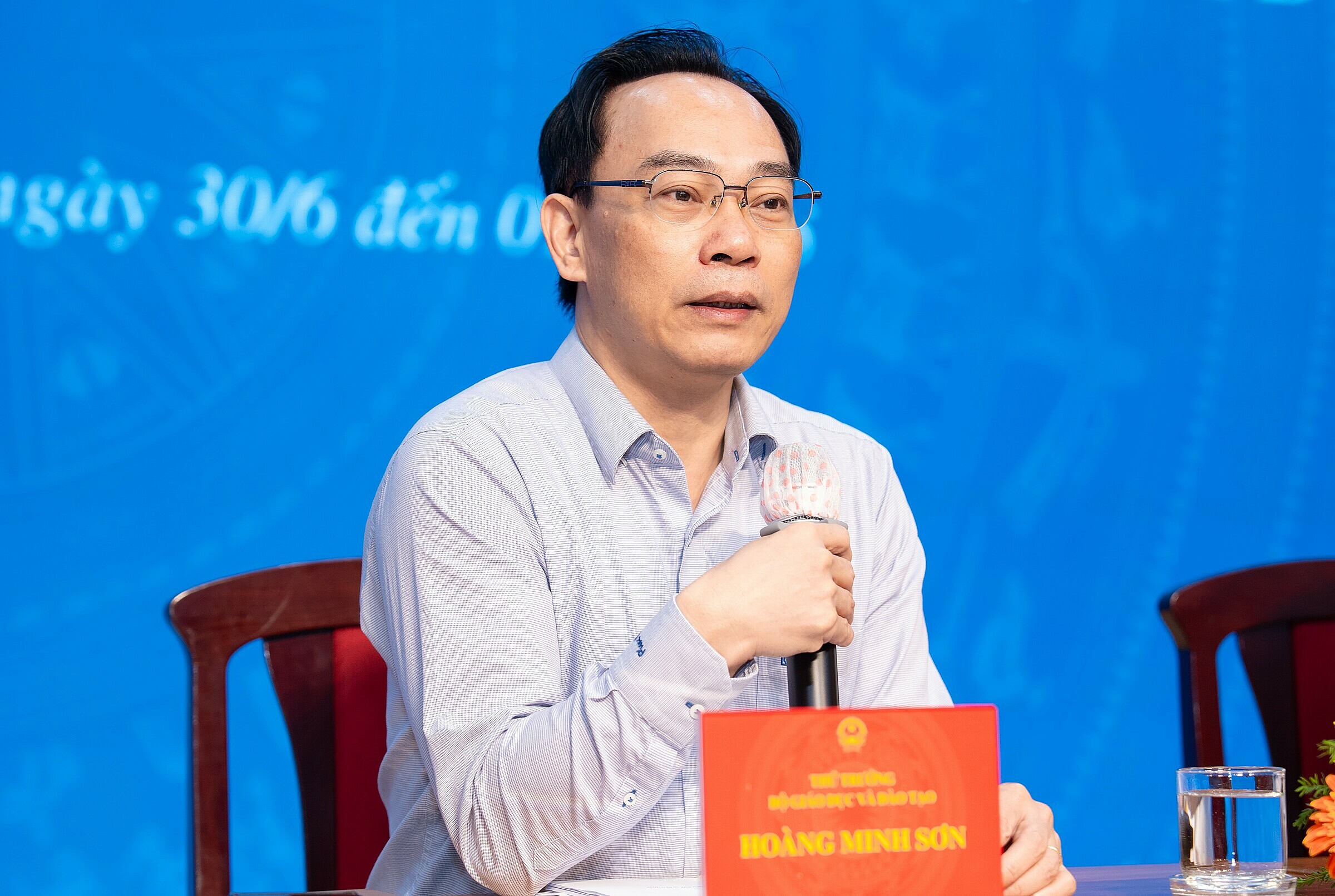 |
Deputy Minister Hoang Minh Son speaks at a seminar to gather feedback on the draft amendment to the Higher Education Law, morning of 1/7. Photo: BTC |
Deputy Minister Hoang Minh Son speaks at a seminar to gather feedback on the draft amendment to the Higher Education Law, morning of 1/7. Photo: BTC
At the seminar, Associate Professor Dr. Le Tan Loc, President of the University Council of the University of Economics and Law, Vietnam National University - Ho Chi Minh City (VNU-HCM), disagreed with the proposal.
According to him, the university council is one of the important pillars for exercising autonomy. This is the highest governing body in the university, deciding on strategic issues. A university can only succeed and develop if the university council is decisive and operates flexibly.
Associate Professor Dr. Loc argued that member universities of national and regional universities are all independent legal entities. These universities offer training in multiple disciplines and fields, are large in scale, and are essentially no different from regular higher education institutions. Therefore, not having a university council in these units will limit their autonomy.
On the other hand, the model of national and regional universities is unique and requires a separate operating mechanism. In this model, the national or regional university assumes the role of coordination, orientation, and general support, while the member universities organize specific implementation.
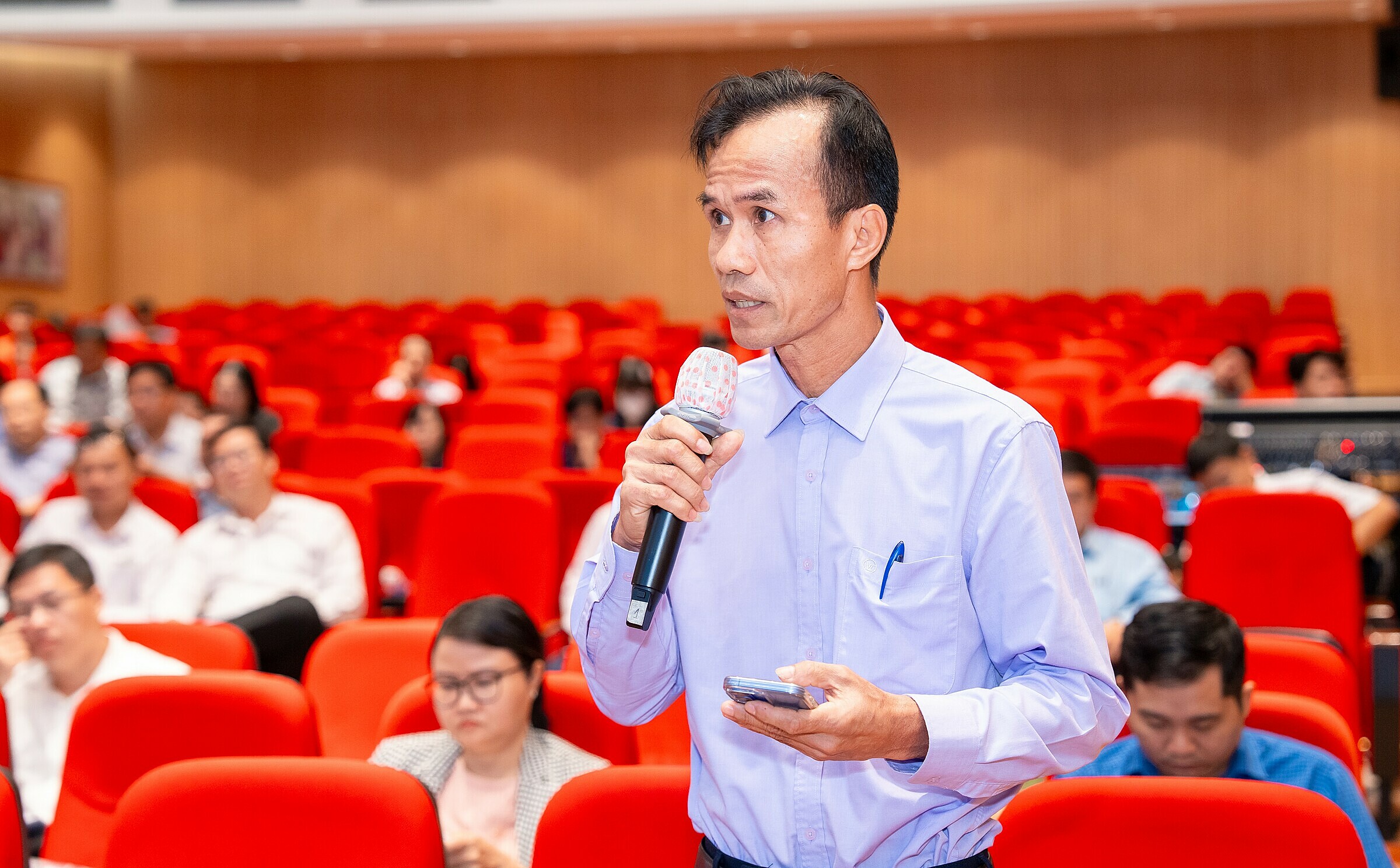 |
Associate Professor Dr. Le Tan Loc, President of the University Council of the University of Economics and Law (UEL), expresses his opinion. Photo: BTC |
Associate Professor Dr. Le Tan Loc, President of the University Council of the University of Economics and Law (UEL), expresses his opinion. Photo: BTC
He gave the example of the VNU-HCM University Council deciding on scientific research strategies and training focused on specific industry groups and fields in each phase, as well as general talent attraction policies for the system. The member university councils, based on the reality of their units, will decide on specific policies for admissions, training, personnel, and finance for their university.
"I see that the operation and coordination between the two university councils at VNU-HCM are very stable, promoting the autonomy of member units. The issue is how to organize it; other universities may be struggling with decentralization, leading to difficulties in implementation," Associate Professor Dr. Loc assessed.
He worried that eliminating university councils would remove the autonomy and flexibility of member universities. If everything is pushed upwards, it will cause sluggishness and stagnation in the entire system.
This was also a concern for Associate Professor Dr. Tran Thien Phuc, Vice Rector of Ho Chi Minh City University of Technology (HCMUT), VNU-HCM. If the two-tiered university council model is abolished, he fears that the national university council will not be able to make timely decisions for member units.
He gave the example of VNU-HCM having 8 member universities, each with tens of thousands of students, comparable to other multidisciplinary universities. Each member university council has 15-20 members, while the national university council has 21 members.
"With that number of members, meeting every 3 months, can they guarantee that all the issues and policies for each university will be addressed?" Mr. Phuc said.
Therefore, Associate Professor Dr. Phuc suggested keeping the university councils of the member units. Since universities have autonomy, they must have an organization and a supervisory mechanism - which is the university council.
"If there are other proposals, we need an objective summary and assessment of the current model as a basis for changes, avoiding subjective decisions," said the President of the University Council of the University of Economics and Law.
The university council is the governing body of a higher education institution, responsible for deciding on development direction, personnel structure, resource allocation and utilization, and monitoring the implementation of the institution's strategy and accountability.
The amended Higher Education Law of 2018 stipulates that higher education institutions must have a university council. Public university councils have at least 15 members, a 5-year term, and meet regularly at least once every 3 months.
Ministry statistics show that 167 out of 171 public higher education institutions (excluding universities under the Ministry of National Defense and the Ministry of Public Security) have established and consolidated university councils.
Vietnam currently has two national universities, Hanoi and Ho Chi Minh City, and three regional universities (Hue, Da Nang, Thai Nguyen). Each university has 6-8 member universities. According to the higher education network planning up to 2030, this number will increase to 4 national universities and 5 regional universities.
Le Nguyen



